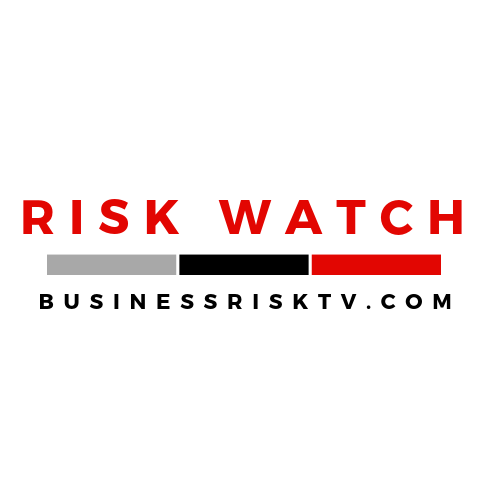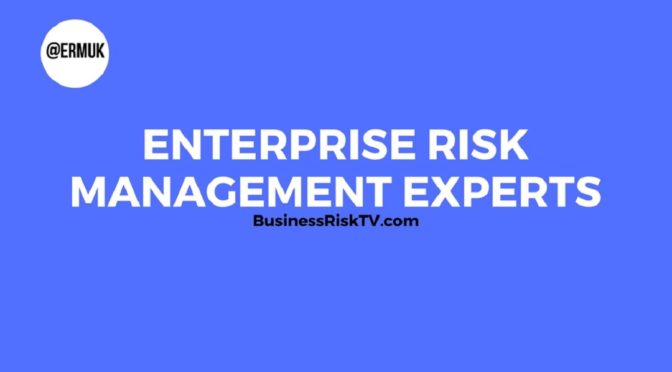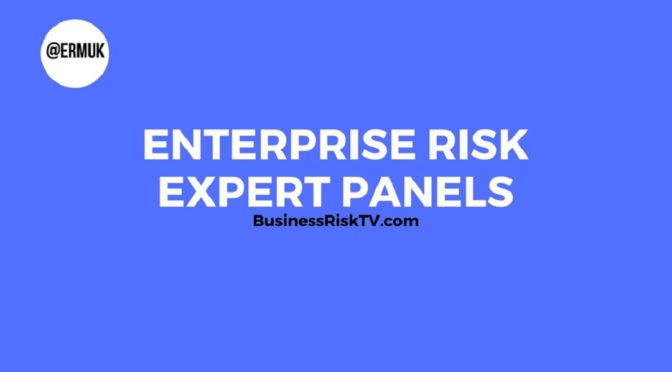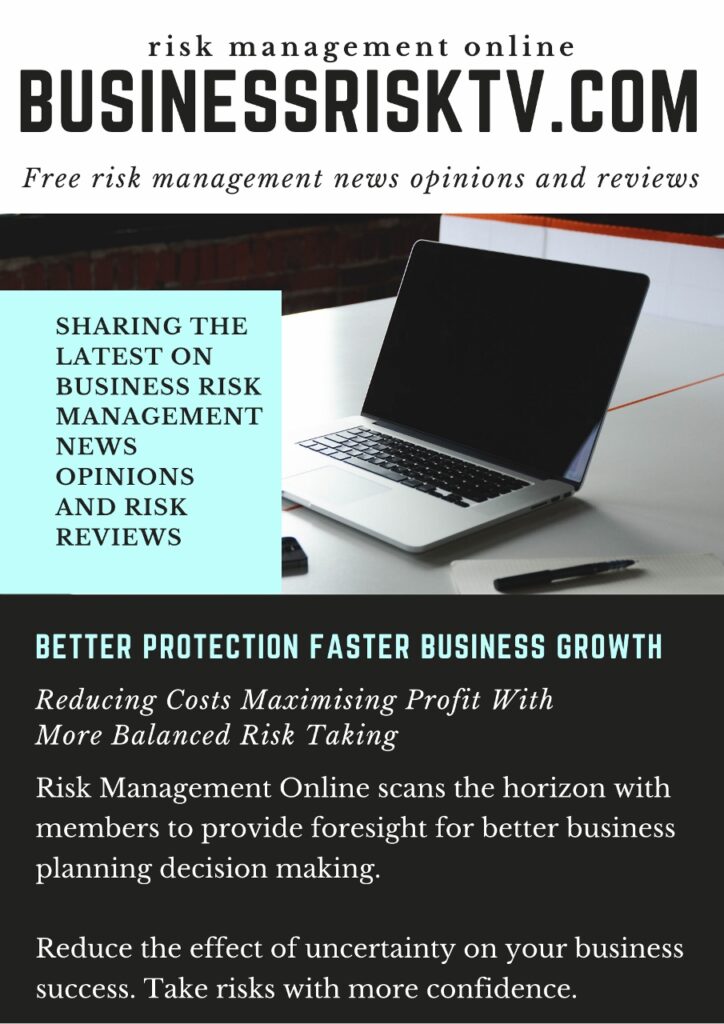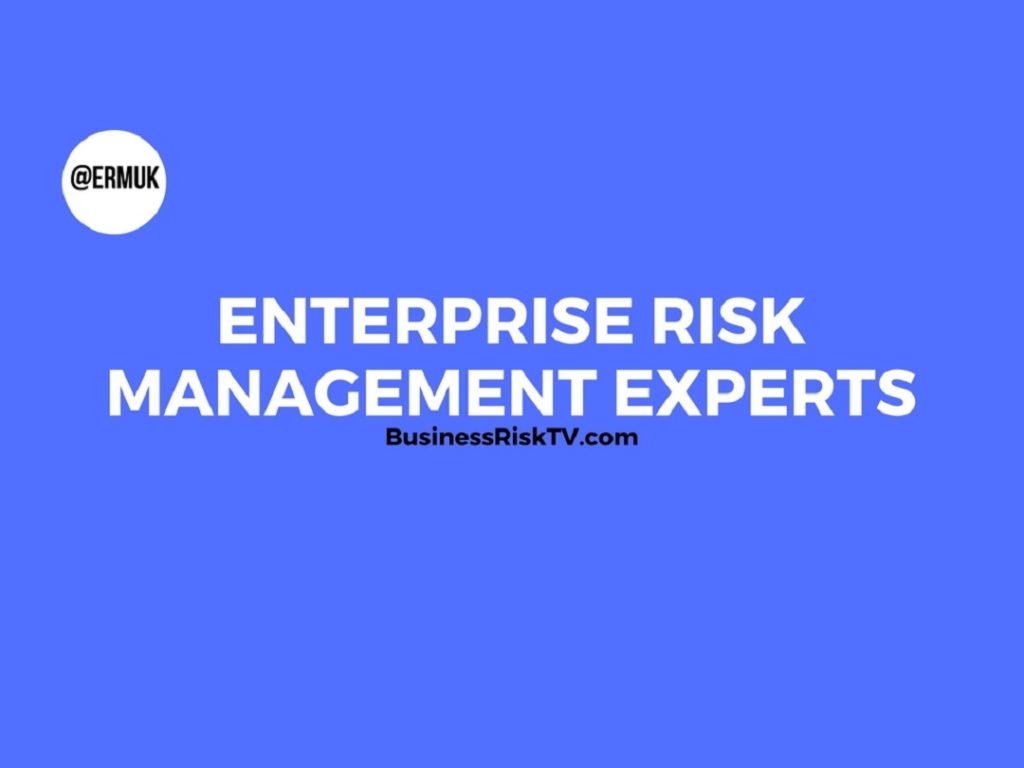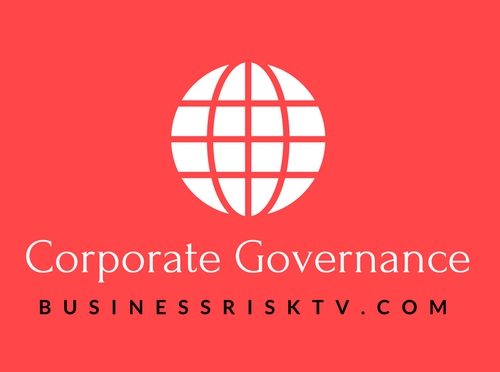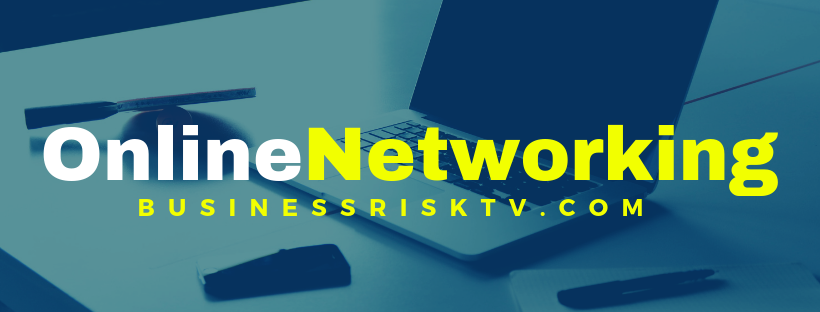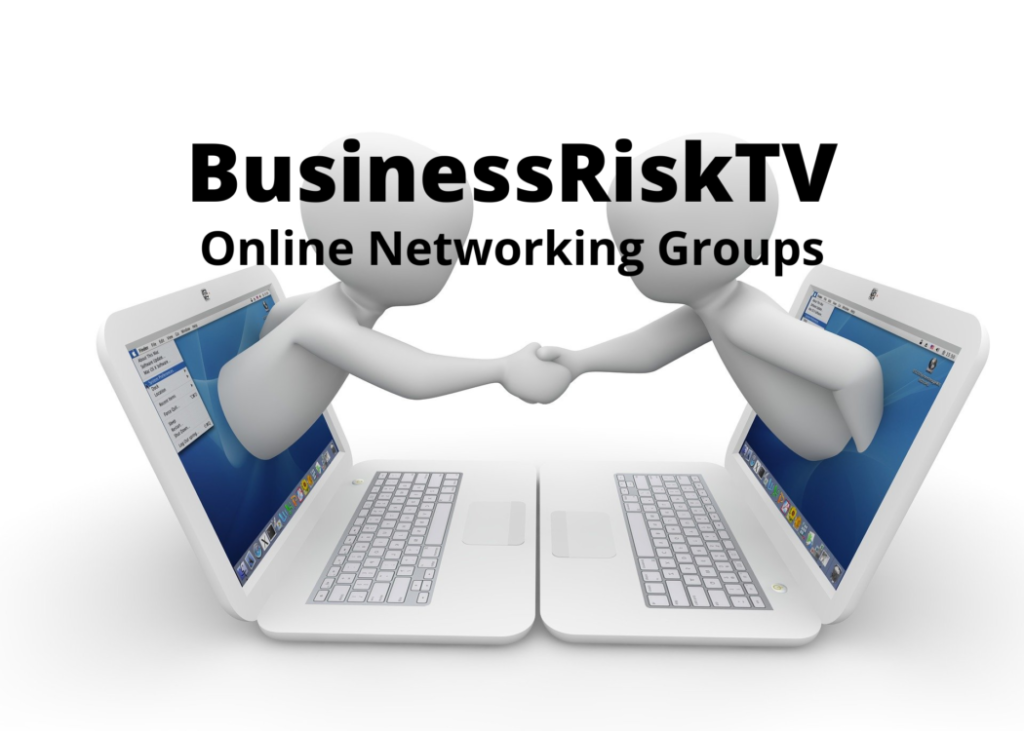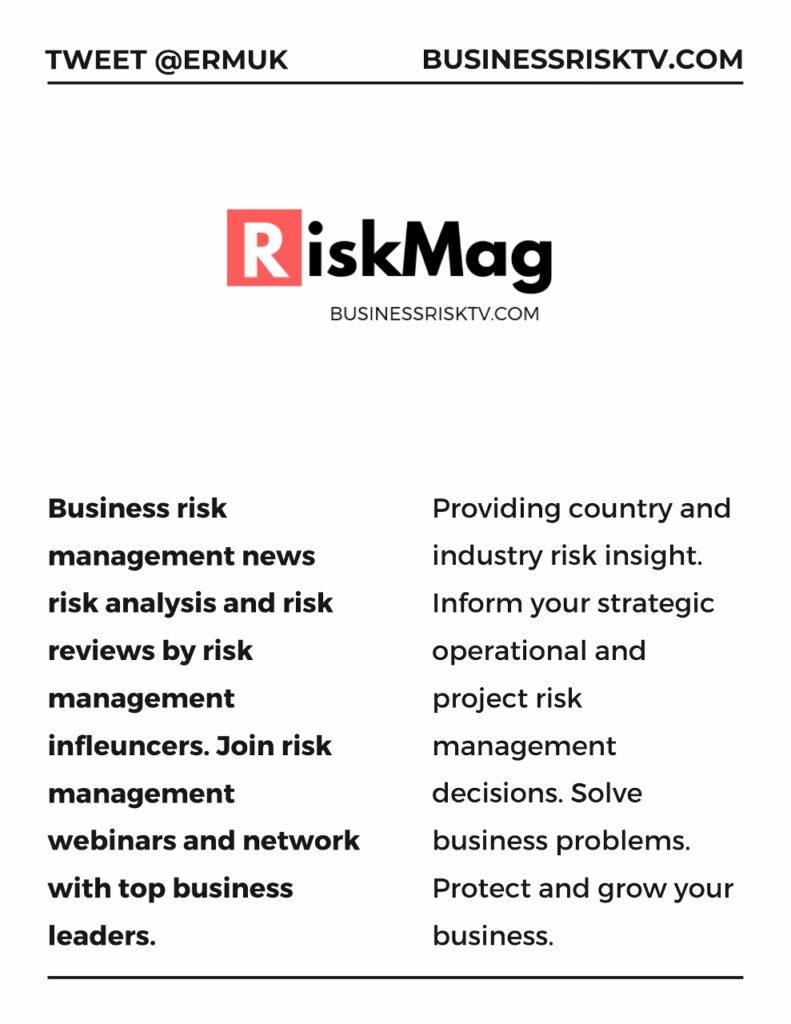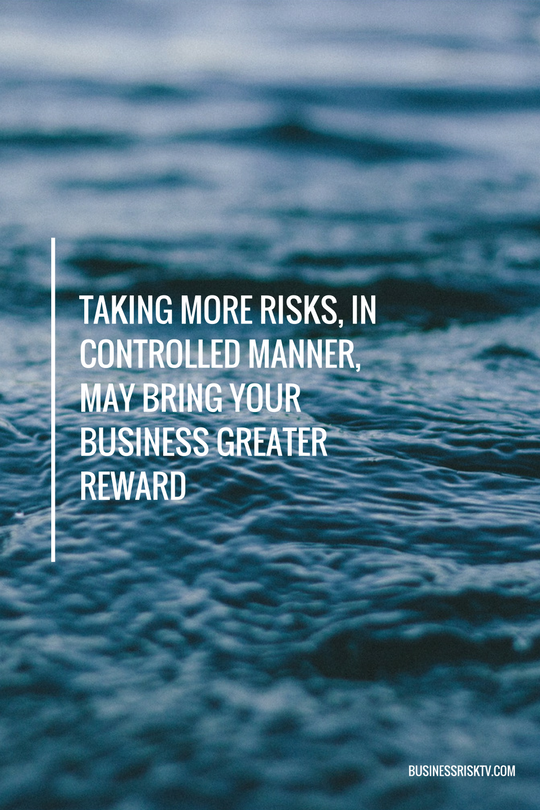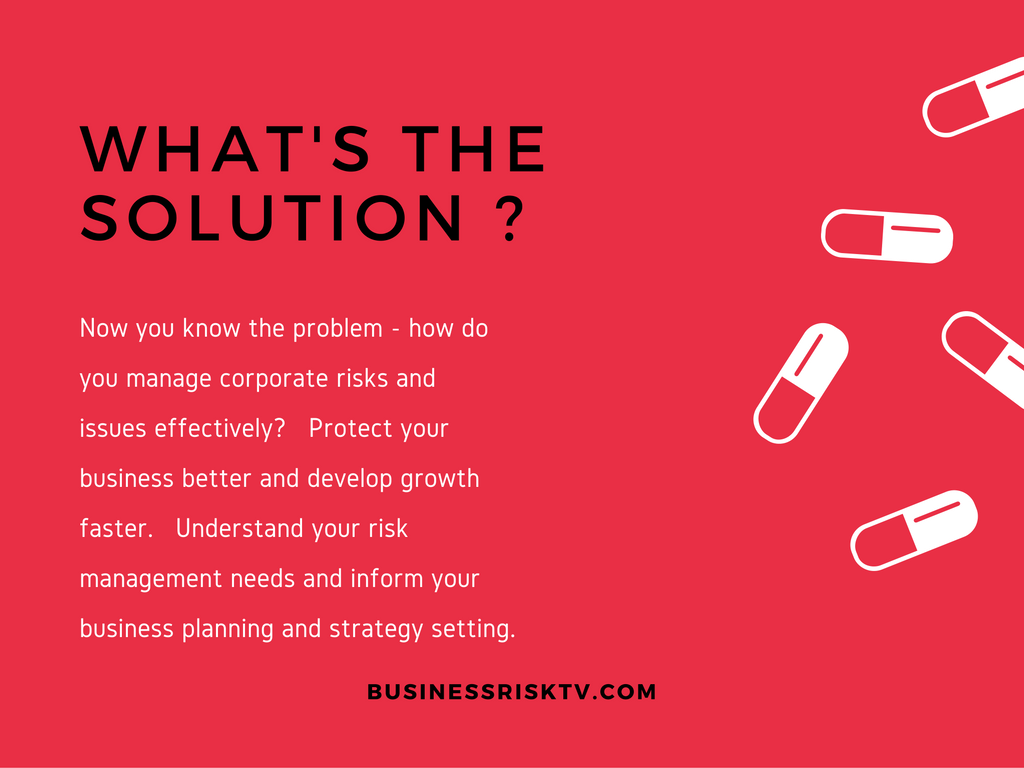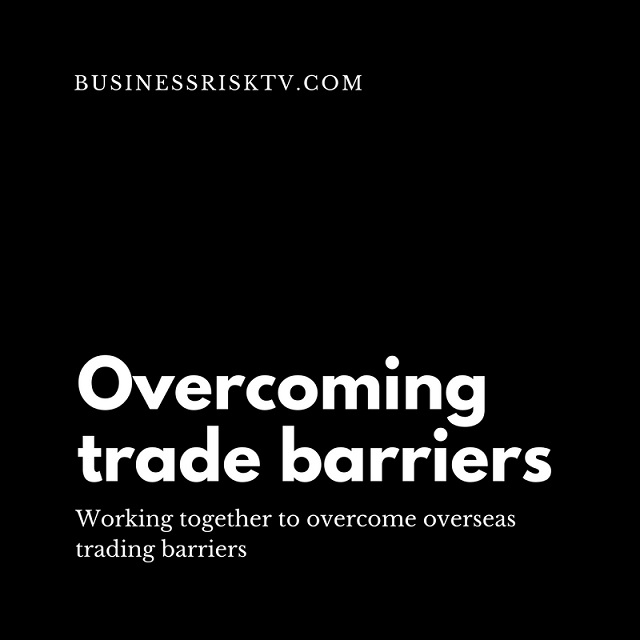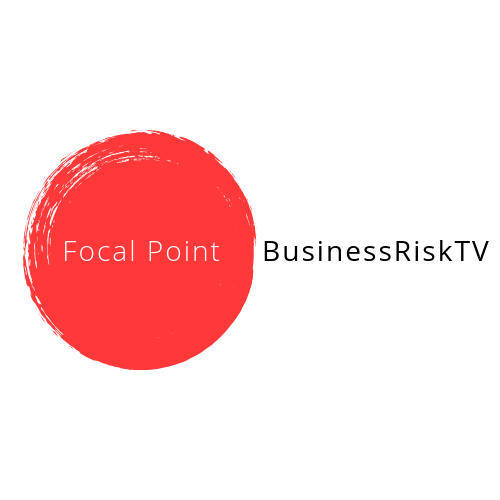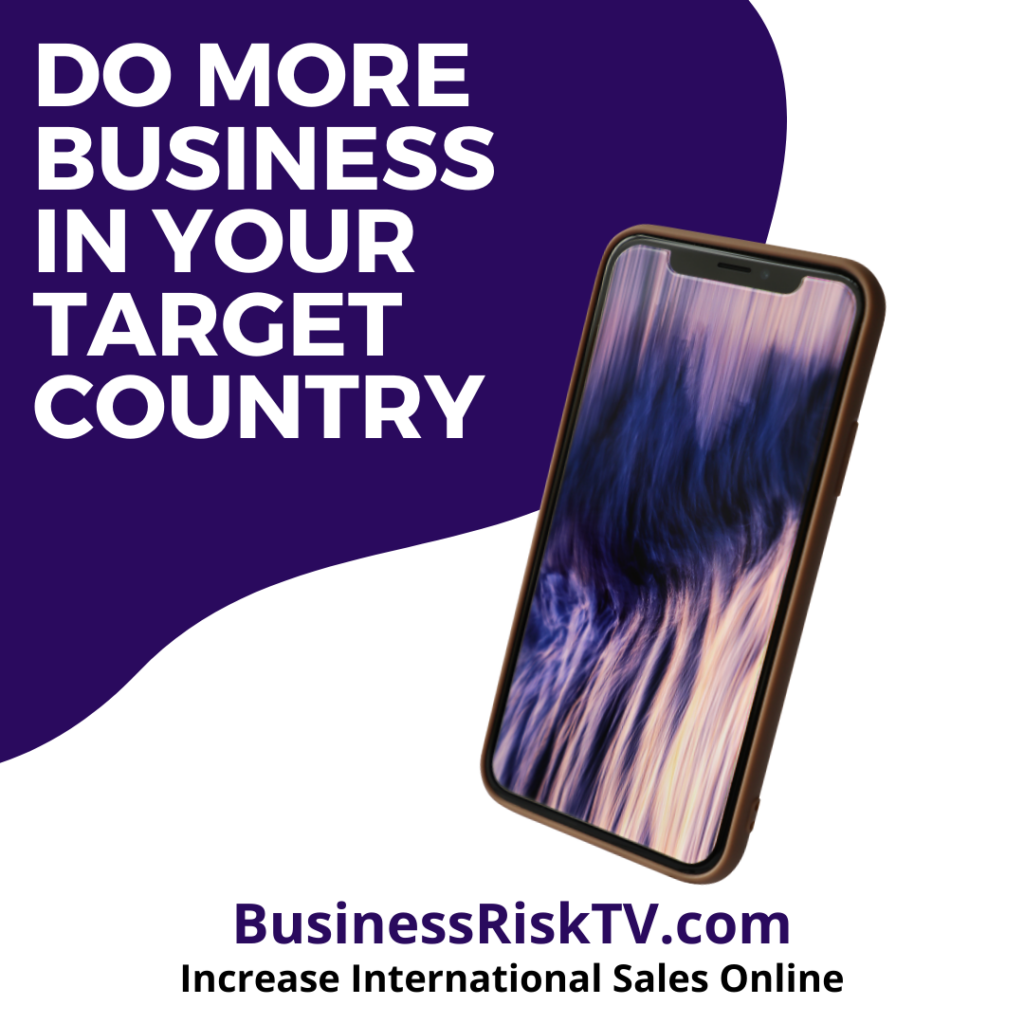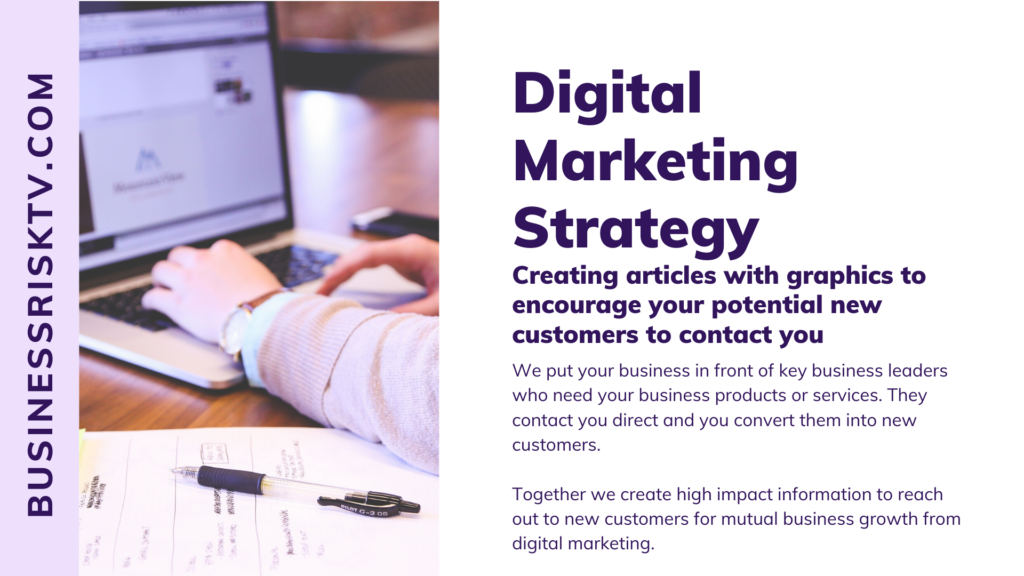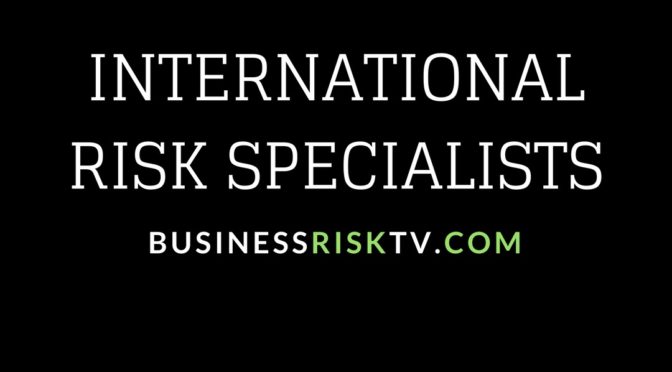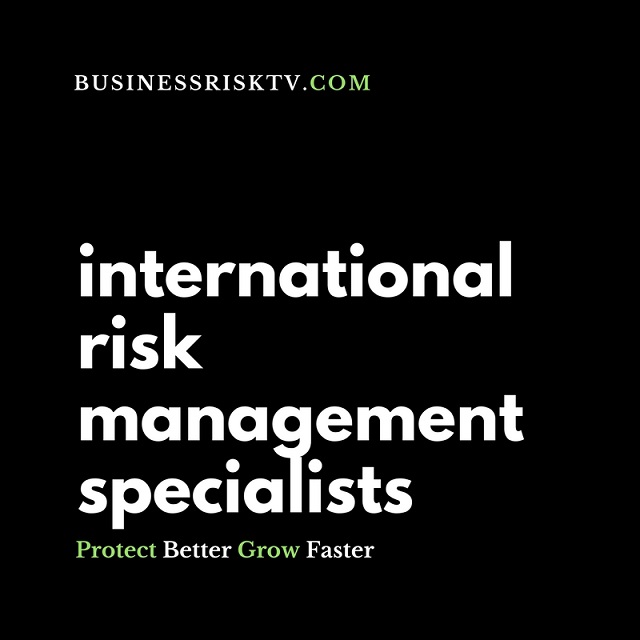Imagine: a world where the constraints of geography, language, and traditional financial structures dissolve. Not a utopian fantasy, but a tangible horizon, constructed from the converging forces of multilingual AI, quantum computing, blockchain, and tokenisation. The antiquated systems of education, the ones that often feel like holding pens for young minds, are no longer the sole gatekeepers to prosperity. I’m talking about a paradigm shift. One where the individual, armed with the right knowledge and tools, can architect their own destiny.
“The future is already here – it’s just not evenly distributed,” William Gibson famously observed. And he was right. Because we see the seeds of this future, a future where traditional barriers crumble, springing up all around us. But how do we harness it? How do we move from passive observer to active architect? This is not a theoretical exercise. This is about building a tangible, actionable framework for wealth, health, and happiness in a world undergoing radical transformation. Busting us out of the limitations of the past, we must first understand the tools at our disposal.
Let’s cut through the noise. Forget the platitudes. Forget the motivational fluff. We’re here for concrete strategies, actionable insights, and a clear roadmap. We’re here to build a lifestyle where the old rules don’t apply. Understanding how to leverage these tools is not just about financial gain. It’s about unlocking a new level of personal freedom. It’s about building a life that is truly aligned with your values. It’s about, quite simply, living better. And we can do it.
Navigating the Future of Wealth, Health, and Happiness
The Linguistic Labyrinth – Breaking Down Language Barriers with AI
Language, historically, has been a barrier, a moat surrounding opportunities. But the rise of sophisticated multilingual AI is changing the game. We’re not talking about clunky translation software. I’m talking about AI that understands nuance, context, and cultural subtleties. Imagine instantly accessing global markets, forming international partnerships, and engaging with diverse communities, all without linguistic limitations. This is the power of multilingual AI.
- Actionable Insight 1: Leverage Real-Time Translation and Localisation Tools:
- Investigate and integrate AI-powered translation tools like DeepL, Google Translate API, and Microsoft Translator API into your communication workflows.
- Explore platforms that offer real-time translation for video conferencing and webinars, facilitating seamless international collaboration.
- Utilise localisation services that adapt content for specific cultural contexts, ensuring your message resonates with diverse audiences.
- Actionable Insight 2: Develop Multilingual Content Strategies:
- Identify key international markets and create content tailored to their linguistic and cultural preferences.
- Use AI-powered tools to analyse language trends and optimise your content for search engines in multiple languages.
- Consider creating multilingual versions of your website, blog, and social media content to expand your reach.
- Actionable Insight 3: Learn Key Phrases in High-Value Languages:
- Even with AI, understanding basic phrases in key languages like Mandarin, Spanish, or Arabic can significantly enhance communication and build rapport.
- Use language learning apps like Language Transfer, Duolingo, Babbel, or Memrise to acquire practical language skills.
- Focus on phrases related to your industry or area of interest, making your communication more relevant and effective.
The ability to communicate effectively across languages opens up a world of opportunities. It’s about more than just translating words; it’s about bridging cultural gaps and building meaningful connections. And this is vital. Busting us out of the isolation that limited language creates.
The Quantum Leap – Unlocking Computational Power for Innovation
Quantum computing, once a theoretical concept, is now a tangible reality. It promises to revolutionise industries from finance to healthcare, offering unprecedented computational power. This isn’t just about faster computers. It’s about unlocking solutions to problems that were previously considered unsolvable.
- Actionable Insight 4: Stay Informed About Quantum Computing Developments:
- Follow leading research institutions and companies involved in quantum computing, such as IBM Quantum, Google Quantum AI, and Microsoft Quantum.
- Subscribe to industry publications and attend conferences to stay up-to-date on the latest advancements.
- Explore online courses and resources to gain a foundational understanding of quantum computing principles.
- Actionable Insight 5: Identify Potential Applications in Your Field:
- Consider how quantum computing could be used to optimise processes, solve complex problems, or develop new products and services in your industry.
- Explore potential applications in areas like financial modelling, drug discovery, materials science, and artificial intelligence.
- Brainstorm innovative ideas and collaborate with experts to explore the possibilities.
- Actionable Insight 6: Build a Network of Quantum Computing Experts:
- Connect with researchers, developers, and entrepreneurs working in the field of quantum computing.
- Attend industry events and join online communities to expand your network and learn from others.
- Consider collaborating with quantum computing startups or research institutions on joint projects.
The potential of quantum computing is immense. And we are just beginning to scratch the surface. This technology will reshape the world as we know it. We must be prepared. Busting us out of the computational limitations of the classic computer, the quantum computer opens new doors.
The Blockchain Revolution – Decentralising Finance and Trust
Blockchain technology is transforming industries by decentralising data and transactions. It offers transparency, security, and efficiency, disrupting traditional financial systems and creating new opportunities for innovation. This is about more than just cryptocurrencies. It’s about building trust in a decentralised world.
- Actionable Insight 7: Understand the Fundamentals of Blockchain Technology:
- Learn about the underlying principles of blockchain, including cryptography, consensus mechanisms, and distributed ledgers.
- Explore different blockchain platforms, such as Ethereum, Binance Smart Chain, and Solana, and their respective strengths and weaknesses.
- Familiarise yourself with key concepts like smart contracts, decentralised applications (dApps), and decentralised finance (DeFi).
- Actionable Insight 8: Explore Opportunities in Decentralised Finance (DeFi):
- Investigate DeFi platforms that offer lending, borrowing, and yield farming opportunities.
- Learn about stablecoins and their role in mitigating volatility in the cryptocurrency market.
- Consider participating in decentralised autonomous organisations (DAOs) to contribute to the governance of DeFi projects.
- Actionable Insight 9: Utilise Blockchain for Supply Chain Management and Data Security:
- Explore how blockchain can be used to track products and ensure transparency in supply chains.
- Implement blockchain-based solutions for data security and identity management, protecting sensitive information from unauthorised access.
- Consider using blockchain for digital asset management and intellectual property protection.
The blockchain is more than a technology; it’s a paradigm shift. It’s about empowering individuals and creating a more equitable and transparent world. And this is critical. Busting us out of centralised financial systems, the blockchain offers a new level of freedom.
The Tokenisation of Everything – Creating New Asset Classes and Opportunities
Tokenisation is the process of converting real-world assets into digital tokens on a blockchain. This creates new asset classes, increases liquidity, and democratises access to investment opportunities. This is about more than just digital collectibles. It’s about redefining ownership and value.
- Actionable Insight 10: Explore the Potential of Non-Fungible Tokens (NFTs):
- Learn about the different types of NFTs and their applications in art, music, gaming, and other industries.
- Consider creating or investing in NFTs that align with your interests and values.
- Explore platforms like OpenSea, Rarible, and SuperRare for buying and selling NFTs.
- Actionable Insight 11: Investigate Tokenised Real Estate and Other Asset Classes:
- Explore platforms that offer tokenised real estate investments, allowing you to diversify your portfolio with fractional ownership.
- Investigate opportunities in tokenised commodities, securities, and other asset classes.
- Understand the regulatory landscape surrounding tokenised assets and ensure compliance with relevant laws.
- Actionable Insight 12: Develop Tokenisation Strategies for Your Business:
- Consider how tokenisation can be used to create new revenue streams, improve customer engagement, or enhance brand loyalty.
- Explore the potential of creating loyalty tokens, community tokens, or other digital assets that represent value for your business.
- Consult with blockchain experts and legal professionals to develop a comprehensive tokenisation strategy.
Tokenisation is about democratising access to assets and creating new opportunities for wealth creation. It’s about unlocking the value of everything. And we can do it. Busting us out of traditional investment models, tokenisation opens up new possibilities.
Integrating the Technologies – Building a Holistic Ecosystem
The true power lies in integrating these technologies into a holistic ecosystem. Multilingual AI facilitates global communication, quantum computing unlocks computational power, blockchain decentralises finance and tokenisation creates new asset classes. Imagine a world where you can seamlessly communicate with anyone in the world, access unprecedented computational power to solve complex problems, participate in decentralised financial systems, and invest in tokenised assets, all within a single, interconnected ecosystem. This is the future we are building.
- Actionable Insight 13: Develop a Personal Ecosystem Strategy:
- Identify your key goals and objectives in terms of wealth, health, and happiness.
- Determine which technologies are most relevant to your goals and how they can be integrated.
- Create a roadmap for implementing your ecosystem strategy, including timelines and milestones.
- Actionable Insight 14: Build a Network of Interdisciplinary Experts:
- Connect with experts in AI, quantum computing, blockchain, and tokenisation.
- Attend industry events and join online communities to expand your network and learn from others.
- Consider forming partnerships with individuals and organisations that complement your skills and expertise.
- Actionable Insight 15: Embrace Continuous Learning and Adaptation:
- The technologies we are discussing are constantly evolving, so it is essential to stay informed and adapt to new developments.
- Develop a habit of continuous learning by reading industry publications, attending webinars, and experimenting with new tools and platforms.
- Be open to change and willing to pivot your strategy as needed.
By integrating these technologies, we can create a powerful ecosystem that empowers individuals to achieve their full potential. This is about more than just individual success. It’s about building a more equitable and prosperous world for all. Busting us out of siloed thinking, we need to create a synergistic system.
Health and Longevity – Leveraging Technology for Well-being
The pursuit of wealth should not come at the expense of health. Technology can play a vital role in enhancing our well-being and extending our lifespan. We can leverage AI, quantum computing, and blockchain to personalise healthcare, optimise nutrition, and track our fitness.
- Actionable Insight 16: Utilise AI-Powered Health and Fitness Trackers:
- Explore wearable devices and apps that use AI to monitor your vital signs, track your activity levels, and provide personalised insights into your health.
- Use AI-powered nutrition apps to optimise your diet and ensure you are getting the nutrients your body needs.
- Consider using AI-powered mental health apps to manage stress, improve sleep, and enhance your overall well-being.
- Actionable Insight 17: Explore Personalised Medicine and Genomics:
- Learn about the potential of genomics and personalised medicine to tailor healthcare treatments to your individual genetic makeup.
- Investigate companies and research institutions that are developing innovative solutions in this field.
- Consider participating in genetic testing to gain insights into your health risks and predispositions.
- Actionable Insight 18: Leverage Blockchain for Secure Health Data Management:
- Explore blockchain-based solutions for storing and sharing health data securely and efficiently.
- Consider using blockchain to track the provenance of pharmaceuticals and ensure the authenticity of medical supplies.
- Investigate the potential of blockchain to facilitate decentralised clinical trials and accelerate medical research.
Health is the foundation of a fulfilling life. We must prioritise our well-being and leverage technology to optimise our health and longevity. Busting us out of outdated healthcare models, we can use technology to empower our own health.
The Future of Education – Beyond Traditional Models
The traditional education system is often ill-equipped to prepare individuals for the rapidly changing world. We need to embrace new models of learning that are personalised, flexible, and accessible. We can leverage AI, blockchain, and online platforms to create a more effective and engaging learning experience.
- Actionable Insight 19: Embrace Online and Blended Learning:
- Explore online courses and platforms that offer flexible and personalised learning opportunities.
- Consider pursuing micro-credentials and certifications that demonstrate your skills and expertise.
- Utilise online communities and forums to connect with other learners and experts in your field.
- Actionable Insight 20: Leverage AI for Personalised Learning:
- Explore AI-powered learning platforms that adapt to your individual learning style and pace.
- Use AI-powered tutoring tools to get personalised support and feedback.
- Consider using AI to create personalised learning paths and recommendations.
- Actionable Insight 21: Utilise Blockchain for Educational Credentials and Verification:
- Explore blockchain-based solutions for issuing and verifying educational credentials.
- Consider using blockchain to create a decentralised learning record that is portable and secure.
- Investigate the potential of blockchain to facilitate peer-to-peer learning and knowledge sharing.
Education should be a lifelong pursuit, not a one-time event. We must embrace new models of learning that empower individuals to acquire the skills and knowledge they need to thrive in the future. Busting us out of the old school system, we need to build a new one.
Building a Global Community – Connecting and Collaborating
The future is global. We need to build a community of like-minded individuals who are passionate about leveraging technology to create a better world. We can use online platforms, social media, and virtual events to connect and collaborate with people from all over the globe.
- Actionable Insight 22: Join Online Communities and Forums:
- Participate in online communities and forums related to AI, quantum computing, blockchain, and tokenisation.
- Connect with experts and other enthusiasts to share knowledge and ideas.
- Consider creating your own online community or forum to foster collaboration and innovation.
- Actionable Insight 23: Attend Virtual and In-Person Events:
- Attend virtual and in-person conferences, workshops, and meetups related to the technologies we are discussing.
- Network with other professionals and learn about the latest trends and developments.
- Consider speaking at events to share your expertise and build your reputation.
- Actionable Insight 24: Collaborate on Open-Source Projects:
- Contribute to open-source projects related to AI, blockchain, and other technologies.
- Collaborate with other developers and researchers to create innovative solutions.
- Build your portfolio and demonstrate your skills by contributing to meaningful projects.
We are stronger together. By building a global community, we can accelerate innovation and create a more equitable and prosperous world. Busting us out of our isolated bubbles, we must build bridges.
Ethical Considerations – Building a Sustainable Future
As we embrace these powerful technologies, it is essential to consider the ethical implications. We must ensure that these technologies are used for good and that they benefit all of humanity. We need to build a sustainable future that is both prosperous and equitable.
- Actionable Insight 25: Promote Ethical AI and Blockchain Development:
- Support organisations and initiatives that are working to develop ethical guidelines and standards for AI and blockchain.
- Consider the potential biases and unintended consequences of these technologies.
- Advocate for responsible innovation and transparency.
- Actionable Insight 26: Invest in Sustainable and Impactful Projects:
- Support projects and initiatives that are addressing global challenges such as climate change, poverty, and inequality.
- Consider investing in companies and organisations that are committed to sustainability and social responsibility.
- Use your skills and expertise to contribute to projects that are making a positive impact.
- Actionable Insight 27: Educate and Empower Others:
- Share your knowledge and expertise with others to help them understand the potential and implications of these technologies.
- Mentor and support aspiring entrepreneurs and innovators.
- Advocate for policies that promote innovation and equitable access to technology.
We have a responsibility to use these technologies wisely. By prioritising ethical considerations and building a sustainable future, we can create a world that is both prosperous and just. Busting us out of short sightedness, we must consider the long term.
Conclusion: The Algorithm of Abundance – A Call to Action
The future is not something that happens to us. It is something we create. We have the tools and the knowledge to build a world of abundance, health, and happiness. It is up to us to take action and make it happen. We encourage you to embrace these technologies, build your own ecosystem of abundance, and join the global community of innovators who are shaping the future.
The algorithm of abundance is not a theoretical concept. It is a tangible reality that we can create together. Let’s get started.
Get help to protect and grow your business faster with BusinessRiskTV
Find out more about Business Risk Management Club
Subscribe for free business risk management tips risk reviews and cost saving ideas
Read more business risk management articles and view videos for free
Take the risk. Embrace the madness. Create your future with BusinessRiskTV
How can Web3 help your business grow or help you to start a new business in the UK?
Read more business risk management articles and view videos:
- Escape UK School System: Build Wealth with Quantum AI & Blockchain, Forget Debt Forever
- Quantum Computing Destroys UK Job Market? How to Profit with Tokenised Skills & AI Mastery
- NHS Collapsing? Use Blockchain & AI to Build Your Own Personalised Health System in the UK
- UK Property Market Crushed? Tokenise Assets & Earn Global Income Using Multilingual AI Now
- Forget UK Pensions: Quantum Blockchain AI Wealth Secrets the Elite Don’t Want You to Know
Relevant hashtags:
- #UKFutureTech
- #QuantumWealthUK
- #BlockchainInnovationUK
- #AIBusinessUK
- #TokenEconomyUK
- #BusinessRiskTV
- #ProRiskManager
- #RiskManagement
- #EnterpriseRiskManagement
The Algorithm of Abundance

